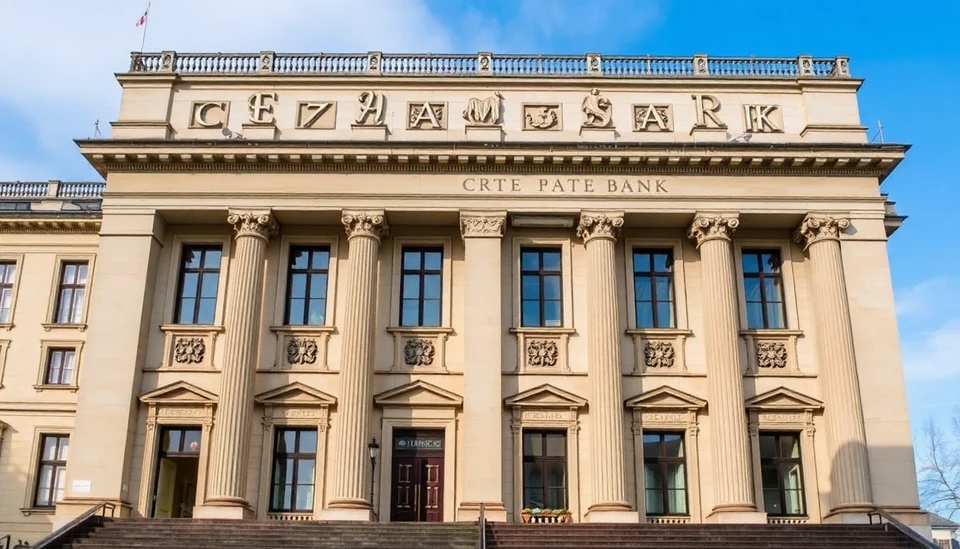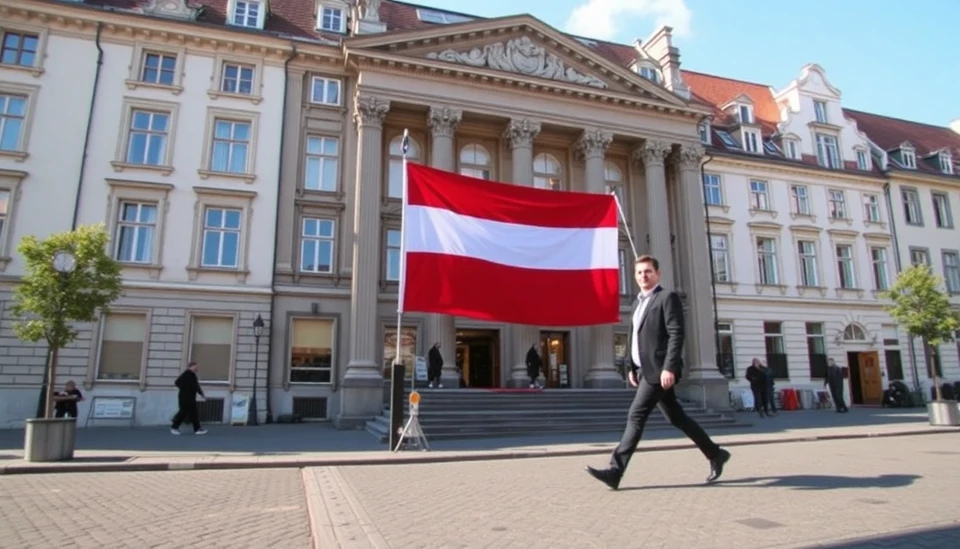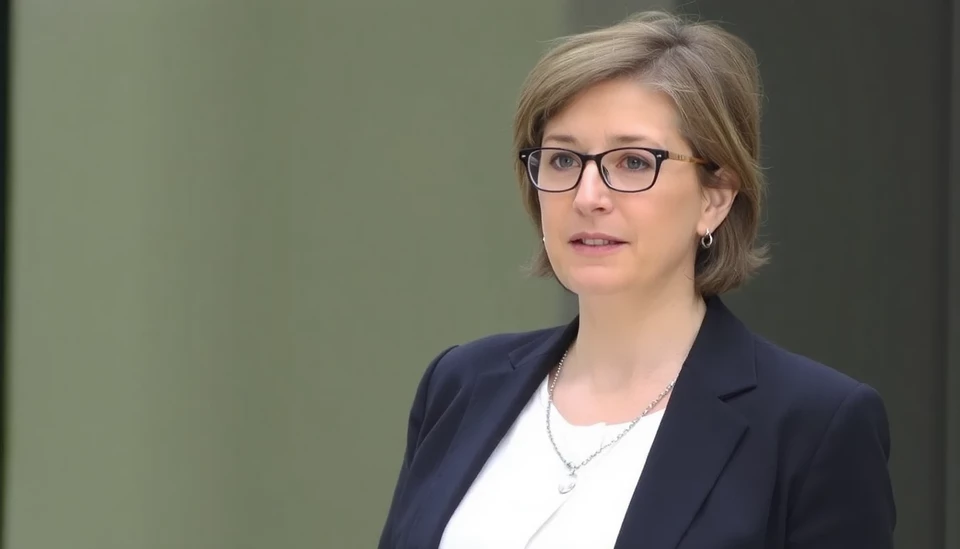
In a move that reflects the growing economic challenges, the Czech National Bank (CNB) is preparing to cut interest rates in response to a dampened economic outlook. This decision comes as risks to the country's growth trajectory have intensified, painting a more pessimistic picture for the months ahead.
Current financial forecasts indicate that the Czech economy may be slowing down more than previously anticipated, prompting discussions within the bank regarding the necessity of rate reductions. Economists have highlighted various factors contributing to this downturn, including inflation pressures, sluggish demand, and external uncertainties such as geopolitical tensions that have prompted fears of a stalled recovery.
The upcoming monetary policy meeting scheduled for later this month is poised to make headlines, as financial analysts speculate that the central bank’s board could opt for a significant reduction in rates, with many predictions pointing towards a cut of at least 25 basis points. This move is seen as a strategic attempt not only to stimulate domestic investment but also to support consumer spending which has shown signs of waning.
Developments in the global economy, particularly those emanating from the European Union, have further complicated the CNB's decision-making process. The adverse effects of the energy crisis and inflation spikes across Europe have been felt in the Czech Republic as well, forcing policymakers to reassess their approaches to monetary policy. The interplay of rising costs of living and stagnant wage growth presents a substantial challenge for the CNB, making a case for a more accommodative policy stance.
Market expectations are shifting as investors are keenly watching for any signs of adjustment from the CNB. Rate cuts are expected to have a cascading effect on borrowing costs, which could ultimately lead to an uptick in economic activity. However, analysts urge caution, reiterating that while lower rates may provide immediate relief, they could also exacerbate inflation if not implemented judiciously.
Adding to the complexity is the response from the eurozone, which could likely inform the CNB's decisions moving forward. As member states of the European Union navigate their own economic challenges, the interconnectedness of their economies means that decisions made in Prague carry far-reaching implications.
Looking ahead, the CNB faces a tightrope walk: balancing the need for growth with the risks of reinvigorated inflation. The central bank's upcoming meeting signals a pivotal moment in its monetary policy, with the stakes high for both the economy and public sentiment.
As the world watches, the Czech Republic's economic future remains in a precarious position, raising questions about the effectiveness of current monetary strategies and the potential need for more drastic measures if conditions continue to deteriorate.
In the coming weeks, all eyes will be on the Czech National Bank, keen to see how they prioritize their strategies in the face of escalating economic uncertainties.
#CzechRepublic #InterestRates #EconomicForecast #CentralBank #Finance #MonetaryPolicy #Investment #Inflation #EuropeanEconomy
Author: Daniel Foster




